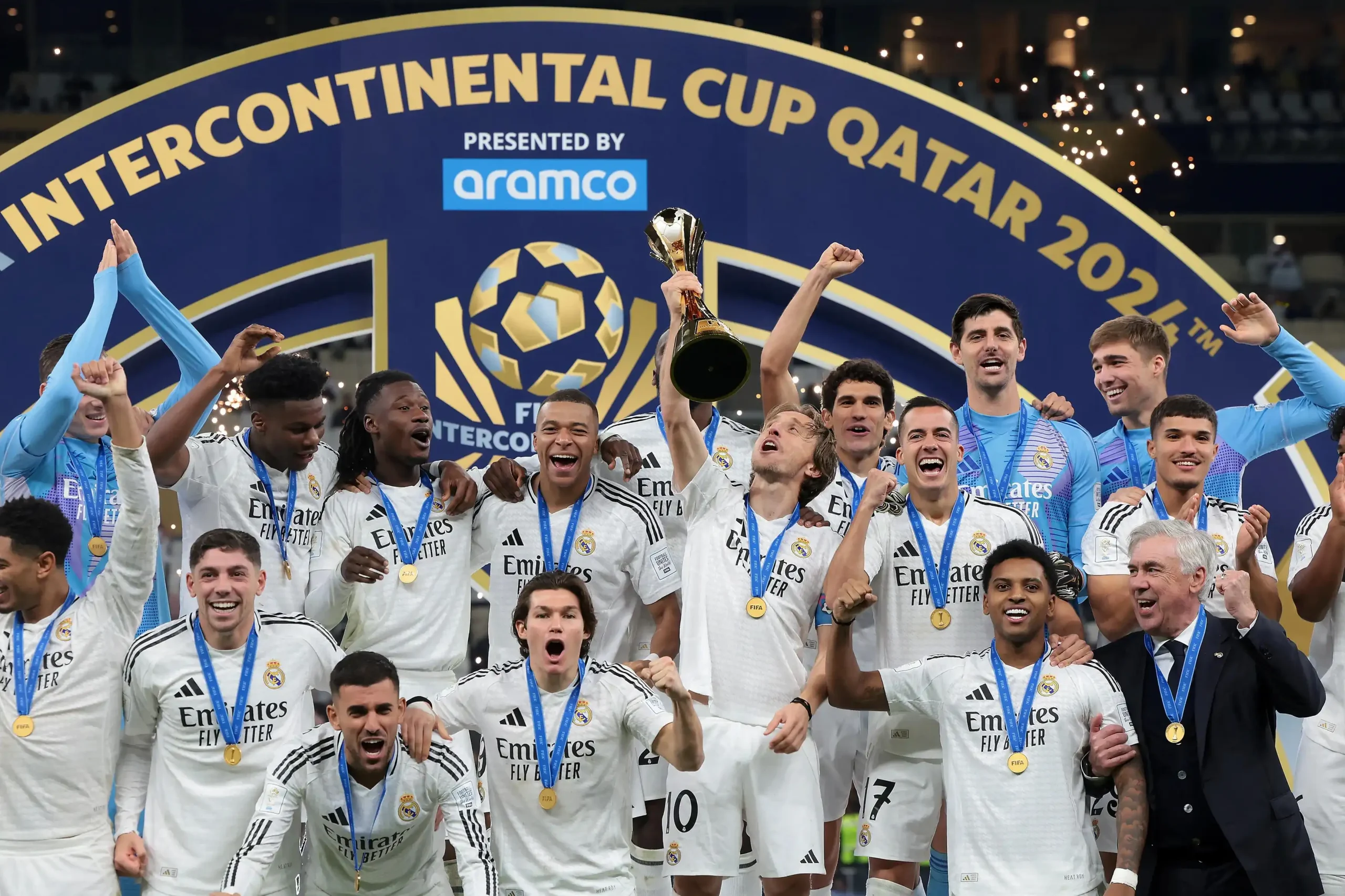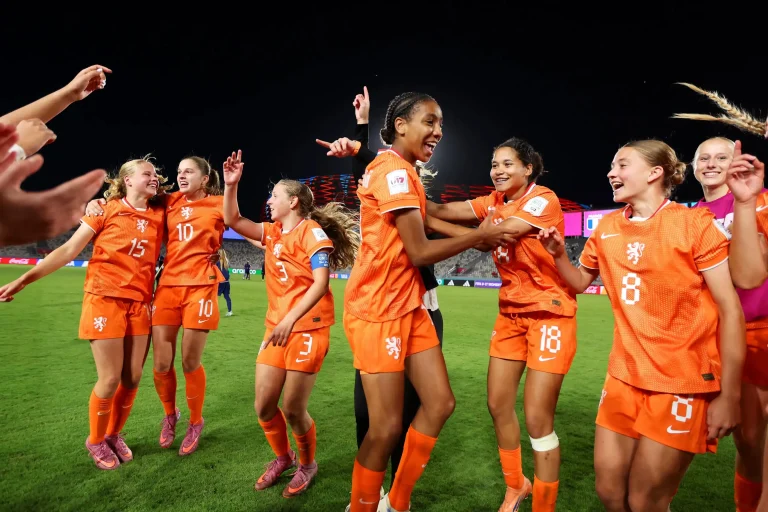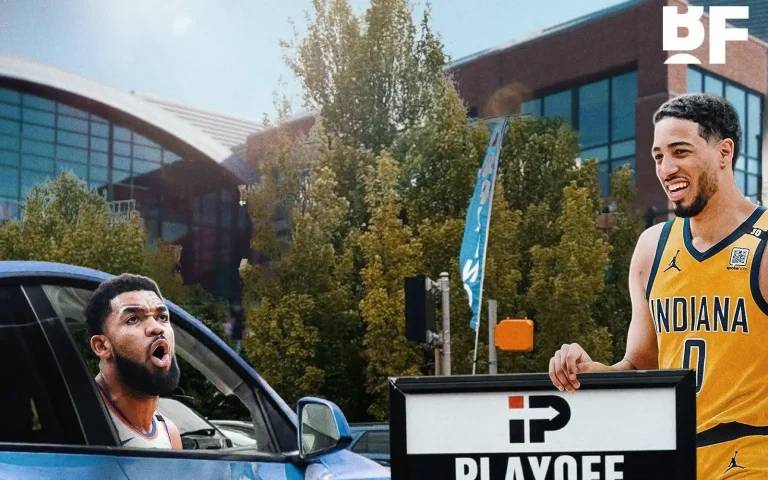The second edition of the new-look FIFA Intercontinental Cup™ will take place from September to December, 2025.
Under the revamped format, the six continental club champions will battle for silverware across four phases starting with the FIFA African-Asian-Pacific-Cup™ and concluding with the FIFA Intercontinental Cup final.
While the South American representative is yet to be determined, the five confirmed clubs that are set to stride the global stage are Al Ahli (AFC), Auckland City FC (Oceania), Cruz Azul (Concacaf), Paris Saint-Germain (UEFA) and Pyramids FC (CAF).
Things get underway with the winners of the OFC Champions League, Auckland City FC, taking on CAF Champions League victors Pyramids FC in the FIFA African-Asian-Pacific-Cup play-off.
The winner of that clash will then face AFC Champions League Elite title holders, Al Ahli to decide the FIFA African-Asian-Pacific-Cup.
Mexican outfit Cruz Azul, winners of the Concacaf Champions Cup, will tussle with the yet-to-be-determined CONMEBOL Libertadores victors in the FIFA Derby of the Americas™.
The winner of that fixture will then face the African-Asian-Pacific Cup holders in the FIFA Challenger Cup™, with the successful club then set for a showdown against the UEFA Champions League winners, Paris Saint-Germain, in the FIFA Intercontinental Cup.
Both the play-off and the FIFA African-Asian-Pacific-Cup matches will be played in the countries of the respective home clubs, in this case Egypt and Saudi Arabia. Thereafter, the FIFA Derby of the Americas, the FIFA Challenger Cup and the FIFA Intercontinental Cup will be hosted at a venue yet to be determined in December.
The confederation champions from Africa, Asia and the Pacific region will open the tournament, as they compete for the FIFA African-Asian-Pacific Cup.
Match 1 will be a single-leg play-off between the winners of the CAF Champions League (Pyramids FC) and the OFC Champions League (Auckland City FC), with the home team determined by the clubs’ respective FIFA ranking.
Match 2 – with the home team once again being decided by FIFA ranking – is the first match of the tournament where silverware is at stake, as the winners of Match 1 face the AFC Champions League Elite winners (Al Ahli) for the title of FIFA African-Asian-Pacific Cup champions. As well as being crowned cross-regional champions, the victors will also earn the right to progress to the next stage of the tournament.
The FIFA Derby of the Americas (Match 3) pits the reigning Concacaf (Cruz Azul) and yet-to-be-decided CONMEBOL champions against one another in a one-off game. Unlike the African-Asian-Pacific Cup, the Derby of the Americas will be staged at a neutral venue. The winners of that match will advance to the next stage, the FIFA Challenger Cup.
FIFA Challenger Cup (Match 4) will be held in the same neutral host country as the FIFA Derby of the Americas (Match 3) and will see the victors from that match come up against the FIFA African-Asian-Pacific Cup champions. Both teams will be vying not only for silverware, but also for a place in the FIFA Intercontinental Cup.
The battle for the ultimate annual club accolade, the FIFA Intercontinental Cup (Match 5) will be a one-off match, played in the same host nation as matches 3 and 4, to determine the winner of this illustrious title.
The game will consist of the UEFA Champions League winners (Paris Saint-Germain) against the winners of the FIFA Challenger Cup (Match 4) on 17 December.
Since it was first launched – as the FIFA Club World Championship in 2000 – the FIFA Intercontinental Cup has evolved to become the premier annual tournament in global club football.
The first edition of the then FIFA Club World Championship took place in Brazil and featured eight teams from six confederations. The tournament ran in parallel with the Intercontinental Cup, which had been contested by the champions of CONMEBOL and UEFA since 1960.
After a pause between 2001 and 2004, when the Intercontinental Cup was played, it returned in 2005 as the FIFA Club World Cup and continued to grow in reach, stature and reputation, as the best of the best from every continent competed on the global stage.
In 2024, the tournament entered a new phase of evolution with the establishment of the FIFA Intercontinental Cup, with winners from each of the six confederations given the chance to compete on the global stage on an annual basis.
In front of almost 70,000 fans at Qatar’s iconic Lusail Stadium, Real Madrid downed Pachuca to win the first edition of the new-look tournament in December 2024.



